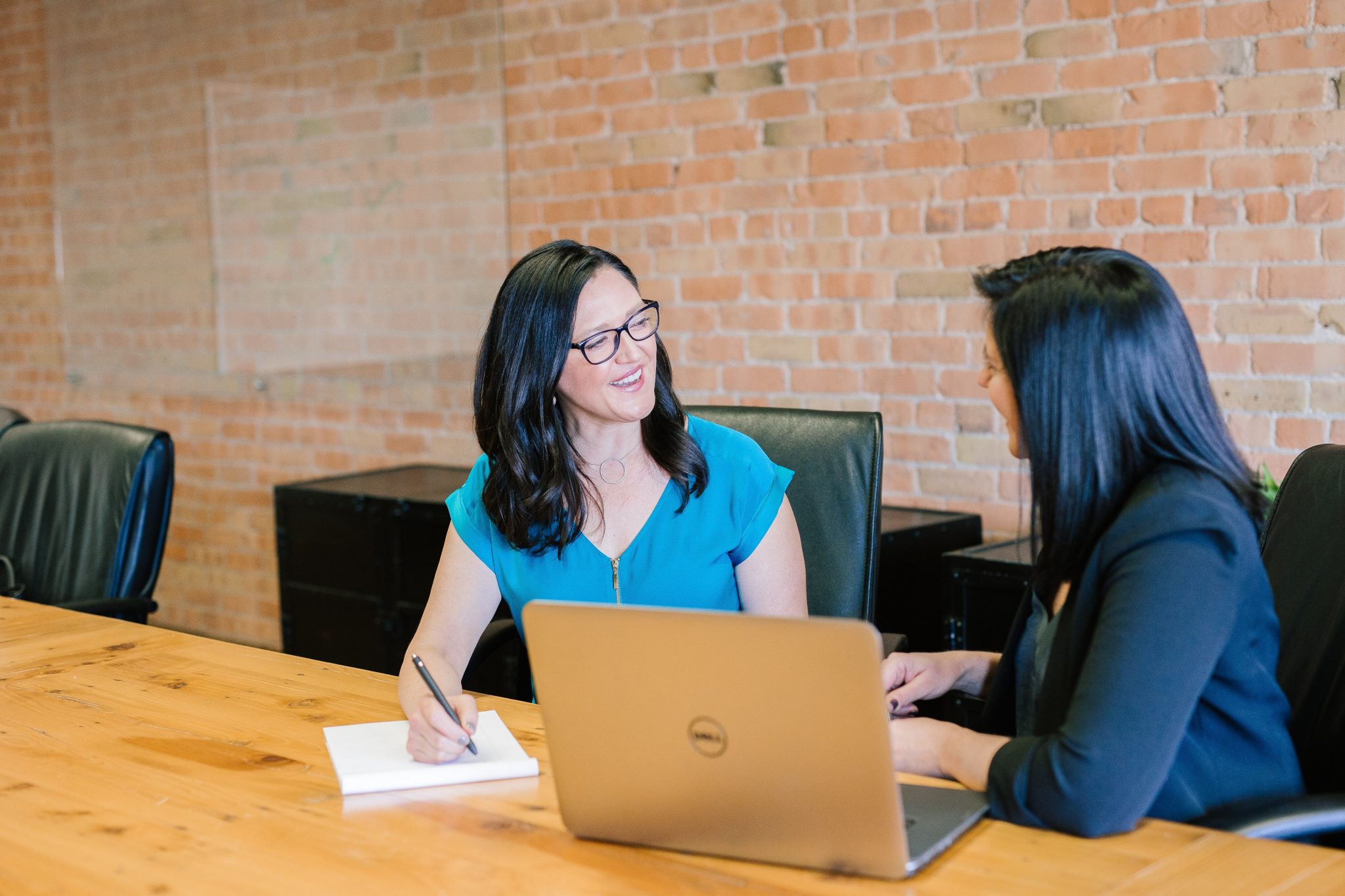What Does it Mean to be Bilingual?
Bilingualism is an important skill, especially now that people from all over the planet are more connected than ever. A bilingual person has more chances of getting ahead in the job market, traveling more comfortably, and having an easier time getting in touch with multiple cultures. Bilingualism and multilingualism even sharpen the brain and are known to make people better problem solvers.
As you can see, there are numerous benefits, but what does it actually mean to be bilingual?
Learn Languages Online
Meet Amphy
The largest marketplace for live
classes, connecting and enriching
humanity through knowledge.




